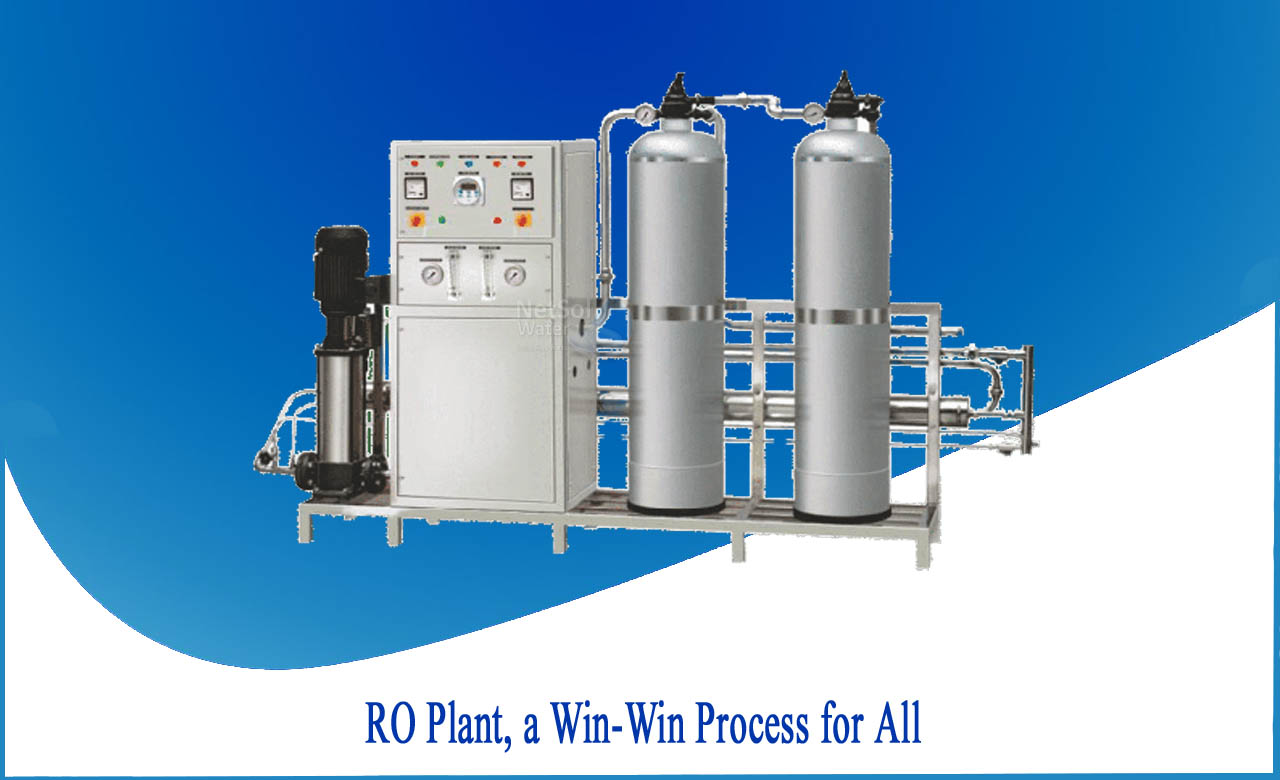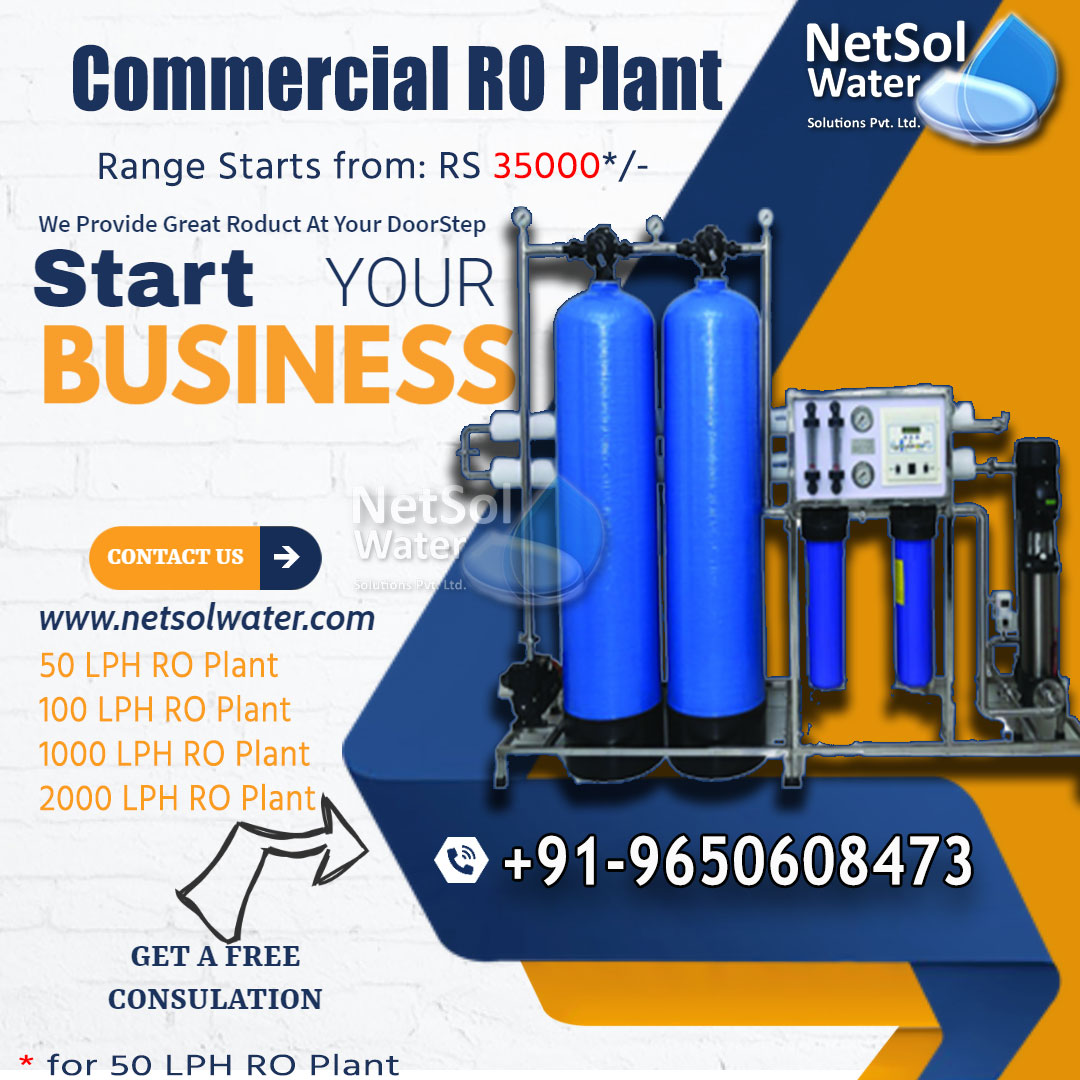Water scarcity is one of humanity's greatest threats. Few options are as promising as wastewater reclamation, a technique that reduces our reliance on freshwater, when it comes to safeguarding the security of our most valuable natural resource. More towns are considering the treatment of municipal wastewater for reuse to assist maintain adequate amounts of clean water due to proven results, rapid adoption, and improved public perception.
The trend toward water scarcity shows no indications of abating as the world's population grows, putting increasing pressure on freshwater aquifers through food production, industrial development, and urbanisation.The situation is as awful as it appears, yet there are rays of optimism in the fight for a long-term water supply.
Reverse osmosis (RO) has emerged as a crucial, cost-effective technology for ensuring global access to drinkable water after decades of study, development, and innovation. RO plant is used where ever the water fails to meet standard water which is proved to be beneficial for all. Some of the reasons due to which installing an RO system becomes necessity and prove to be beneficial are mentioned below:
Removes disease-causing contaminants:
In urban India, 70% of households use tap water for drinking water, while 27% use ground water (based on Census 2011 data – Drinking Water Source by Households). Viruses, bacteria, fungi, and parasites can all be found in these water sources, making them a common transporter of disease-causing microbiological pollutants.These impurities render the water unsafe for human consumption and may cause diseases such as cholera, diarrhoea, and typhoid. As a result, experts advocate utilising a RO water purifier or plants to safeguard you and your family from these water-borne diseases by filtering out all of the potentially fatal toxins.
Sweetens the taste of water:
Impurities in the water have an impact on its flavour, as well as the taste of the food we prepare in it. When the taste of water is salty, or when it has a high percentage of Total Dissolved Solids (TDS) such as sodium, calcium, magnesium, potassium, and other minerals, a RO water purifier/plant is highly recommended
Removes Heavy Metals:
According to studies conducted in many cities to assess the water quality of tap water/river water, the water is harmful to drink since it contains higher amounts of toxins such as nitrates, heavy metals, pesticides, and other contaminants than authorised levels. These heavy metals can cause serious long-term health problems, including kidney, liver, and nervous system dysfunction, as well as diseases like cancer and lead poisoning. The most effective technique to remove heavy metals and pollutants including iron, lead, mercury, arsenic, chlorine, and fluoride is through RO water purification.
Effective Water Purification:
When compared to only employing UF or UV filtration technology, RO water purification adds an extra layer of protection because it can eliminate even the tiniest chemical impurities that would otherwise bypass the other filtration technologies. When RO water purification and UV filtering are combined, the result is the purest drinking water possible, free of any pollutants.
Apart from all these benefits, RO system finds its application in commercial, industrial and domestic spaces as well. Thus, proving to be a reason for better health, great economic and environmental benefits.




